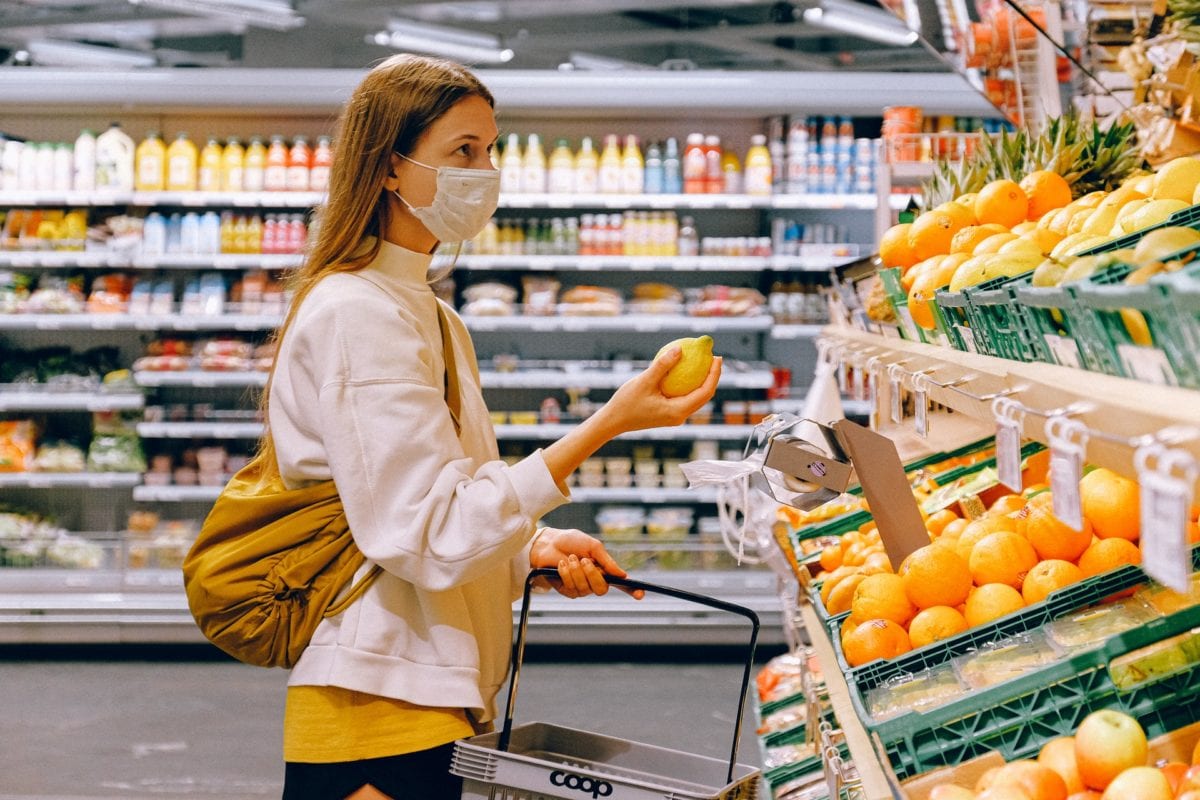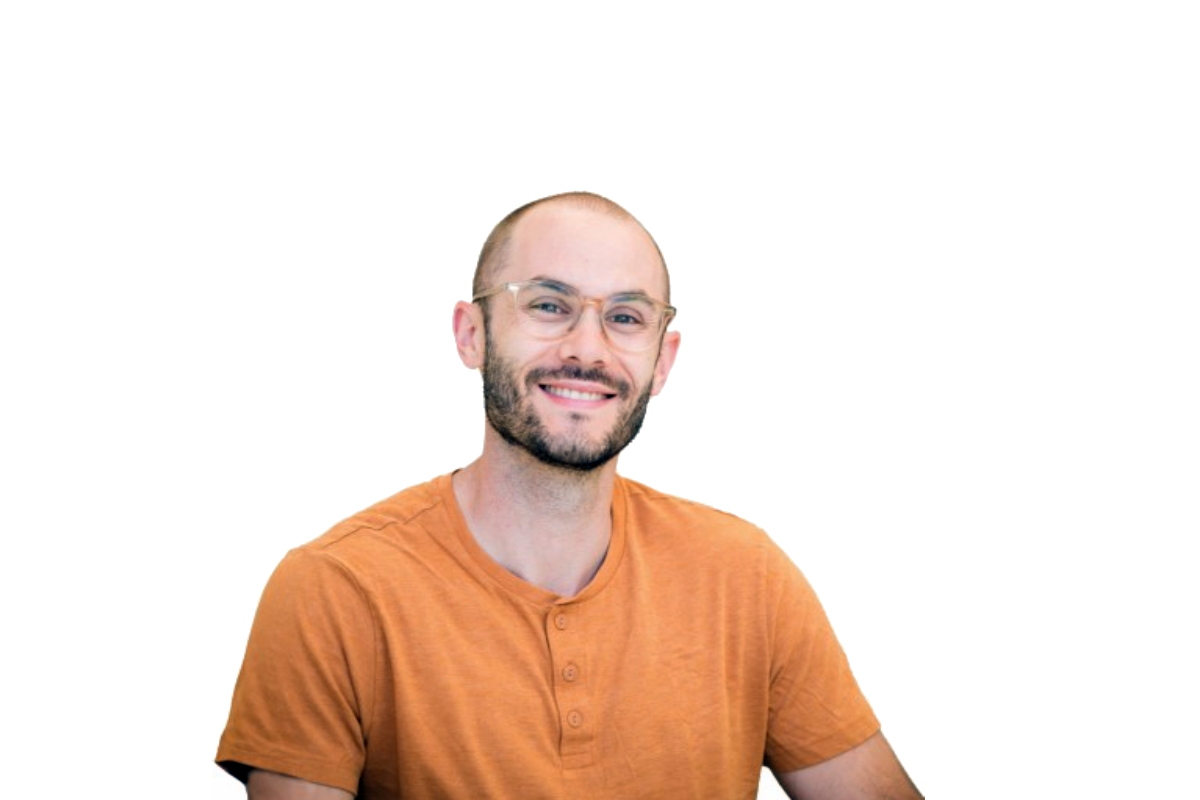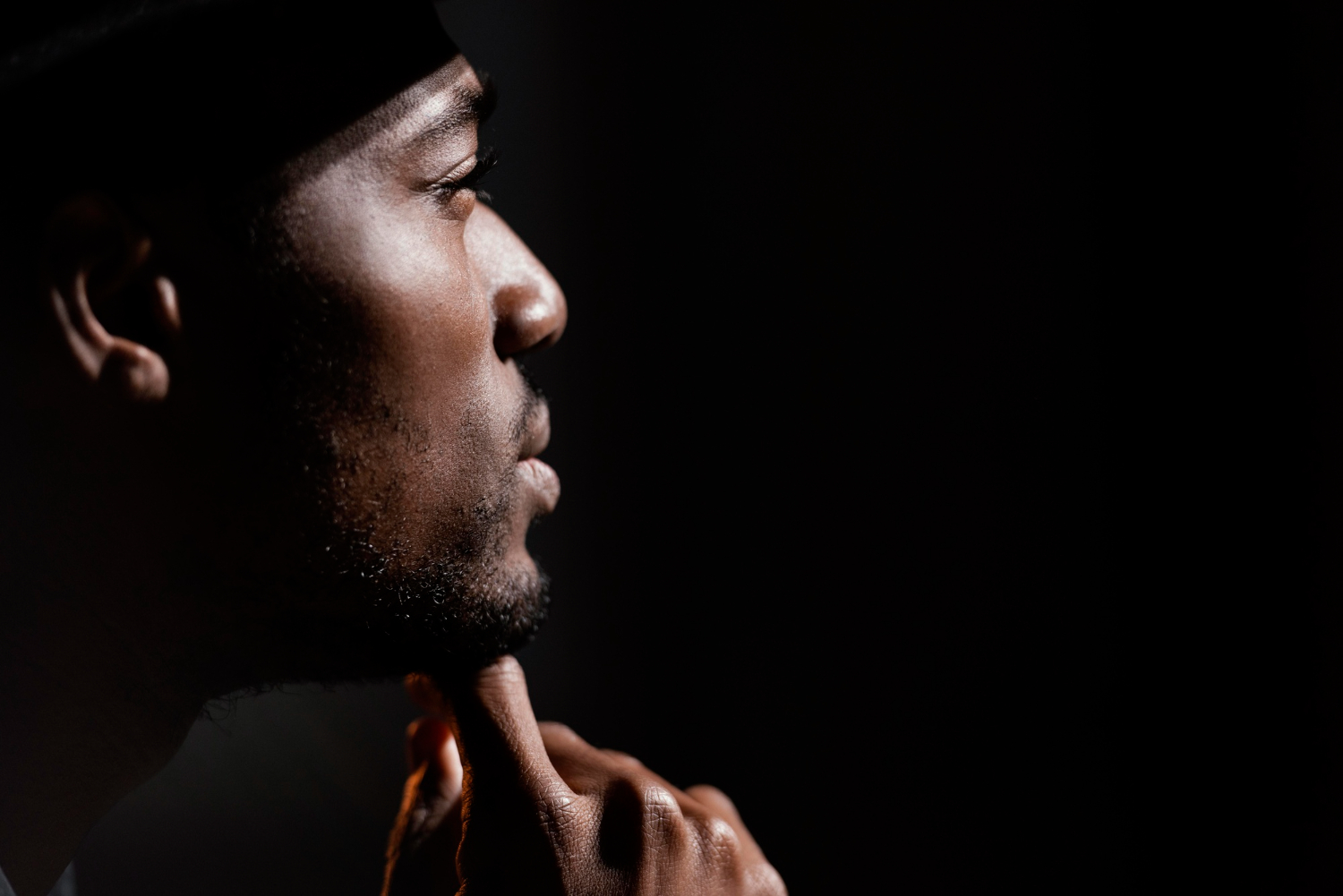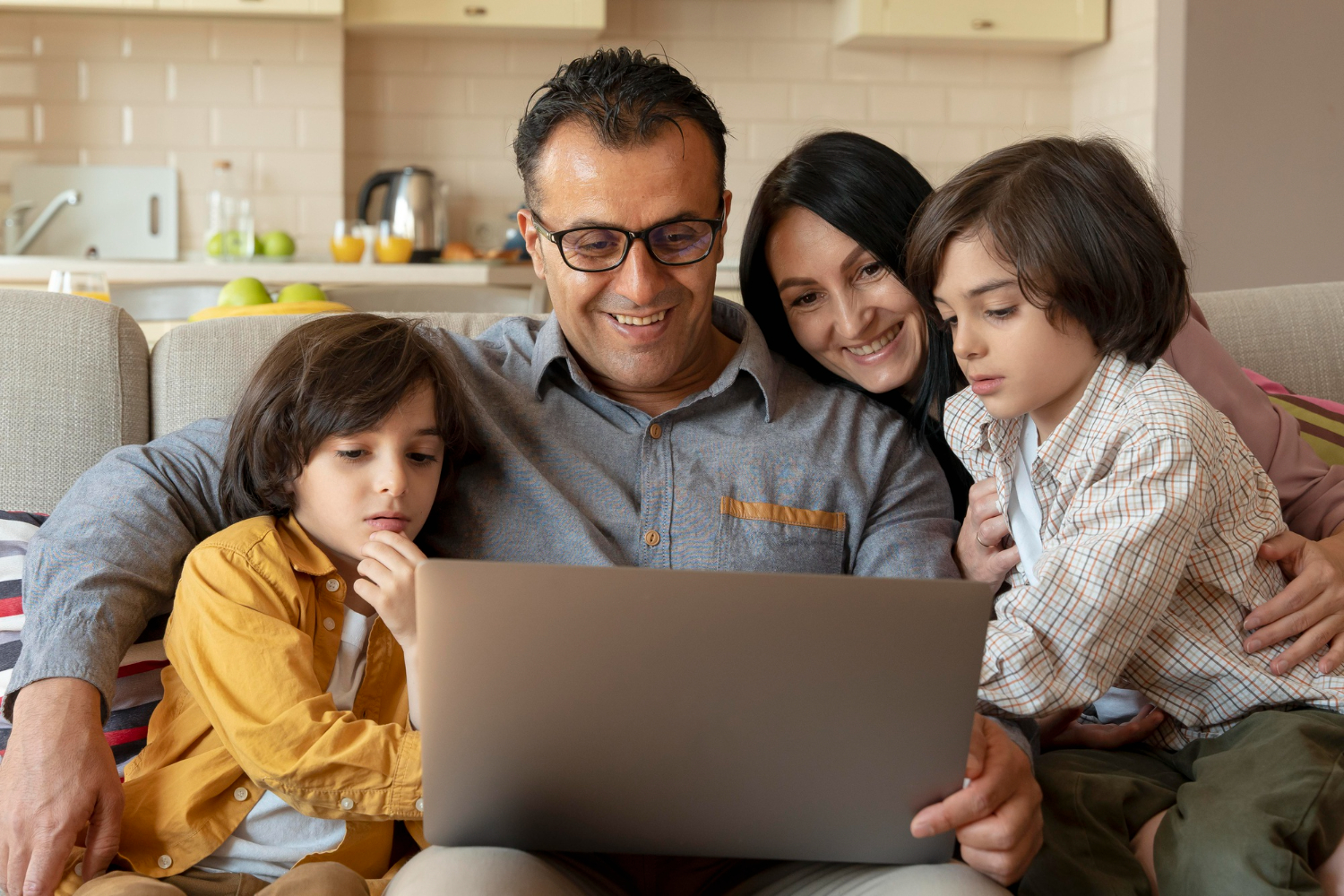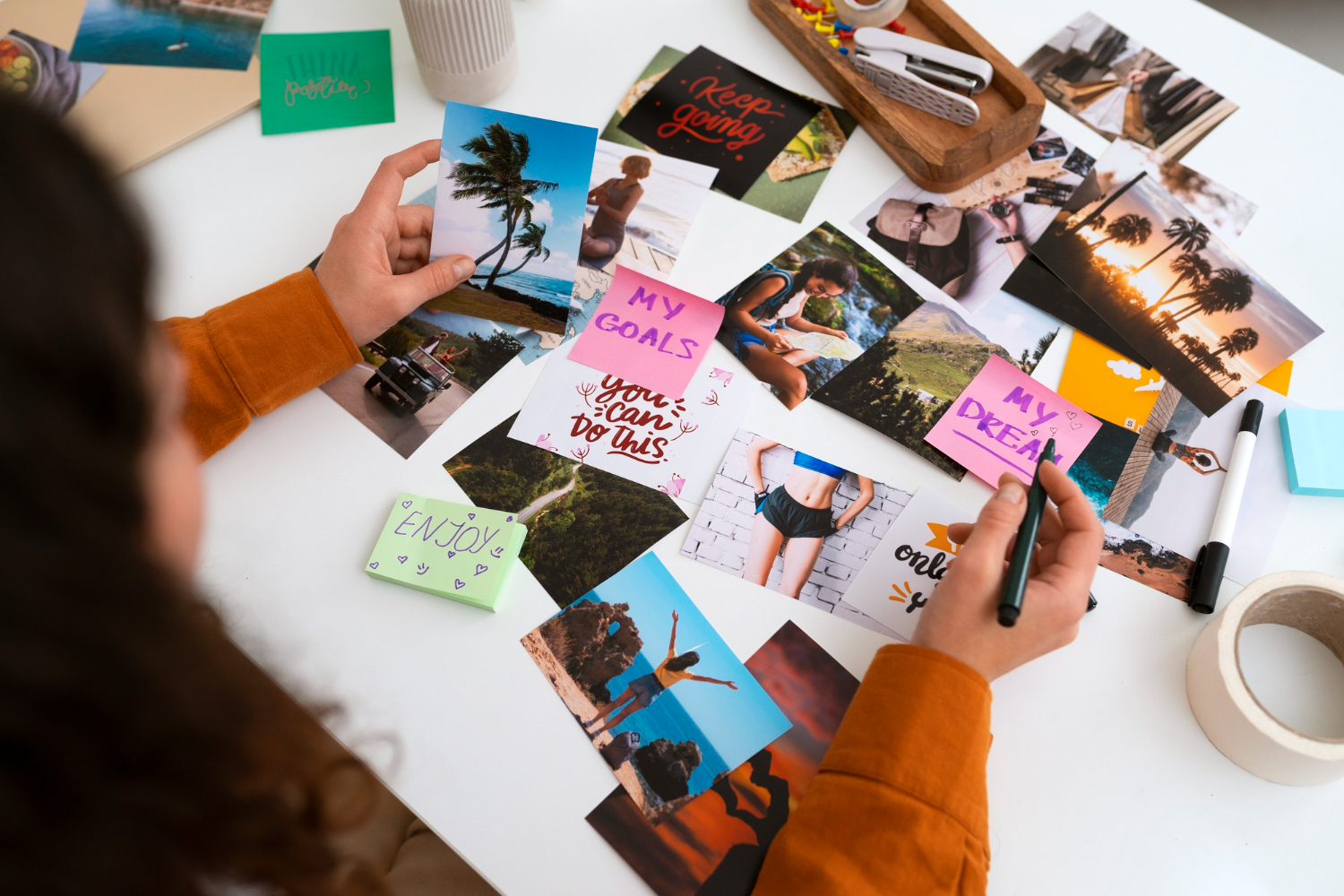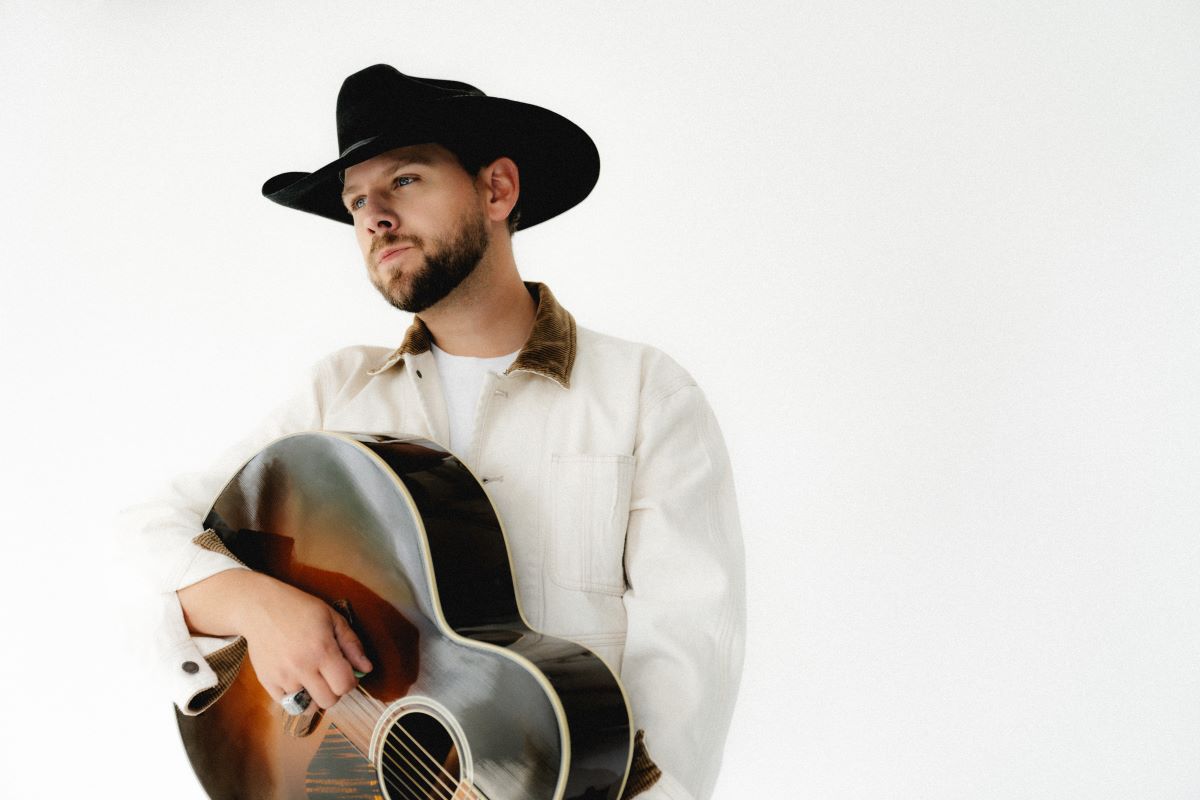A windsurfer goes airborne in a chop hop jump and you take your feet off the railing. You lean forward and lower your Nike shades for a better look, nod your head and do a mini fist pump. A grand performance by your significant other! The wicker armchair creaks as you reach for a vodka cooler while a far-off jazz station drones softly from the kitchen. Your pet cockapoo Pooky is curled up on the verandah at your side with one eye locked on a fly that is buzzing against the screen door. It’s early July at the Lazy Toad Retreat on Georgian Bay.
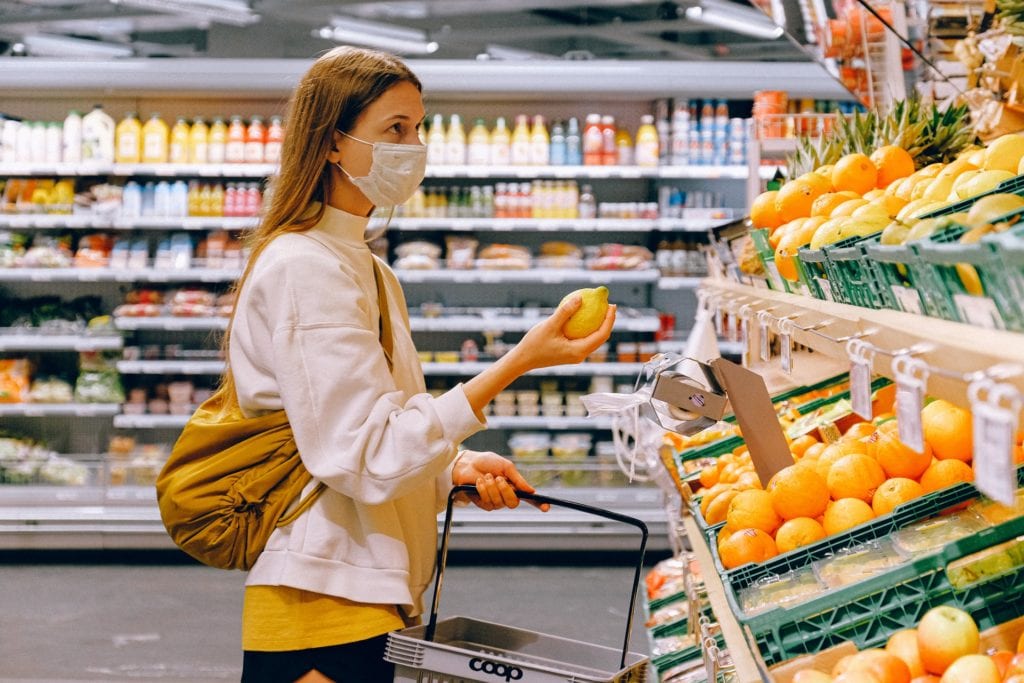
Back in the city, people have stashed their cash and locked down their lives. Markets have tanked. They order booze and groceries online and wash down their purchases. Schools are shuttered, but it’s summer and that’s normal. World revolution of the eco, social and political varieties are all hurting. That is not normal. There’s nothing to do because major league sports are shut down, as are theatres, concerts and festivals, coffee shops and restaurants with no takeout. Coachella and Stagecoach are postponed until April. Burning Man is still on as of this printing and Tomorrowland 2020 is sold out—if it happens at all. Are elections and Olympics artefacts of the past?
The world is on pause, so urbanites pan the cityscape playing at picking out locked down venues and eventually settling on the gulls circling over the parking lot next door through the bars in their balcony railing. Meanwhile, at WHO headquarters in Geneva, Switzerland, the world’s top bureaucrats have set up a Solidarity Response Fund and issue daily bulletins. Overseas travellers are banned or in 14-day quarantine, except North Americans. The United States has declared a national emergency with Canada likely to follow. Governments are talking about moratoria on selective debt payments and offering income supplements to employees affected by the pandemic. Is rationing next?
According to the website, theconversation, the Spanish Flu affected 500,000,000 people out of world population at the time (1918-19) of 1.6 billion, almost a third of the world’s population. Fifty million died (25M in the first 6 months) versus 16 million in WWI. Many famous people contracted the disease: Woodrow Wilson, Franklin D. Roosevelt, David Lloyd George, Walt Disney and others. Currently, the Canadian PM’s wife, Sophie Grégoire, and several Hollywood stars, including Tom Hanks and Idris Elba, have caught coronavirus. What has changed in a century? There was no vaccine and no Internet in 1918. There’s still no vaccine.
An article from The Telegraph in the UK states that, “For the vast majority of people–more than 80 per cent–the virus will cause only mild symptoms and pass like a common cold. But data from China show that about 14 per cent of cases are severe and five per cent are critical, with patients ending up in intensive care, needing help with breathing. The death rate is somewhere between two and four per cent in Wuhan, the epicentre of the outbreak in China, but less than one per cent in the rest of China and the world.”
In March, hotspots for the disease were China, Italy, Iran and South Korea, but these may be shifting westward. The projections? Major world leaders Boris Johnson and Angela Merkel are talking about an infection ratio of 50-70% of the population with a 10% mortality rate, similar to SARS. Currently there are several dozen companies working on four strains of vaccine to deal with COVID-19. Testing on humans began in March.
According to Medical News Today, “depending on the material and the conditions, human coronaviruses can remain infectious from 2 hours to 9 days” on inanimate surfaces. The disease, however, can apparently be passed on within 15 seconds, claimed a recent article in the UK’s Daily Star. Another study from the Annals of Internal Medicine mentioned in Time.com gives coronavirus an incubation period of about 5 days and up to 12 days, during which time you are at risk of affecting about two other people but wholly unaware of your condition. Then you will feel some or all of these symptoms, among others: sneezing, coughing, shortness of breath, muscle and chest pain, fever, and nausea.
You will go to a local hospital, where they will have set up a tent or isolation ward. There is talk of warehouses with personal vents to the outside where patients can rest and recover. You will be interviewed. They will use a COVID-19 test kit that takes a swab from deep inside your nasal passage. Results are available within a few days. Can they cure you? Not yet. In fact, life may never be the same even after recovery. In a recent study by the Hong Kong Hospital Authority of patients ‘recovered’ from COVID-19, there was a 20-30% reduction in lung capacity that could well be permanent.
And the latest advice? Wash your hands a lot and avoid touching your face. Practice social distancing and that means the air-conditioned malls, most of which are shut down anyway, and beaches, even as the mercury hits 35. Save masks for infected people and medical workers. Get out in the fresh air and be upbeat. Forced self-quarantining increases tendencies to domestic abuse, child abandonment, and alcoholism.
You drift off to sleep in the warm shade counting the people you should avoid because they still intermingle. What do the beautiful people do to ride out a pandemic? In the great literary classic Love in the Time of Cholera by Nobel prize-winning Colombian author Gabriel García Márquez, Florentino and Fermina are the only people left on the boat as it cruises the river endlessly with no port offering sanctuary. You savour the summer breeze, thumb through an old edition of Nostradamus and wax philosophical. Living well is not a function of crowd size or decibel level but rather a state of mind. And you can only love one person at a time, anyway.
Earl Warhus | Contributing Writer

